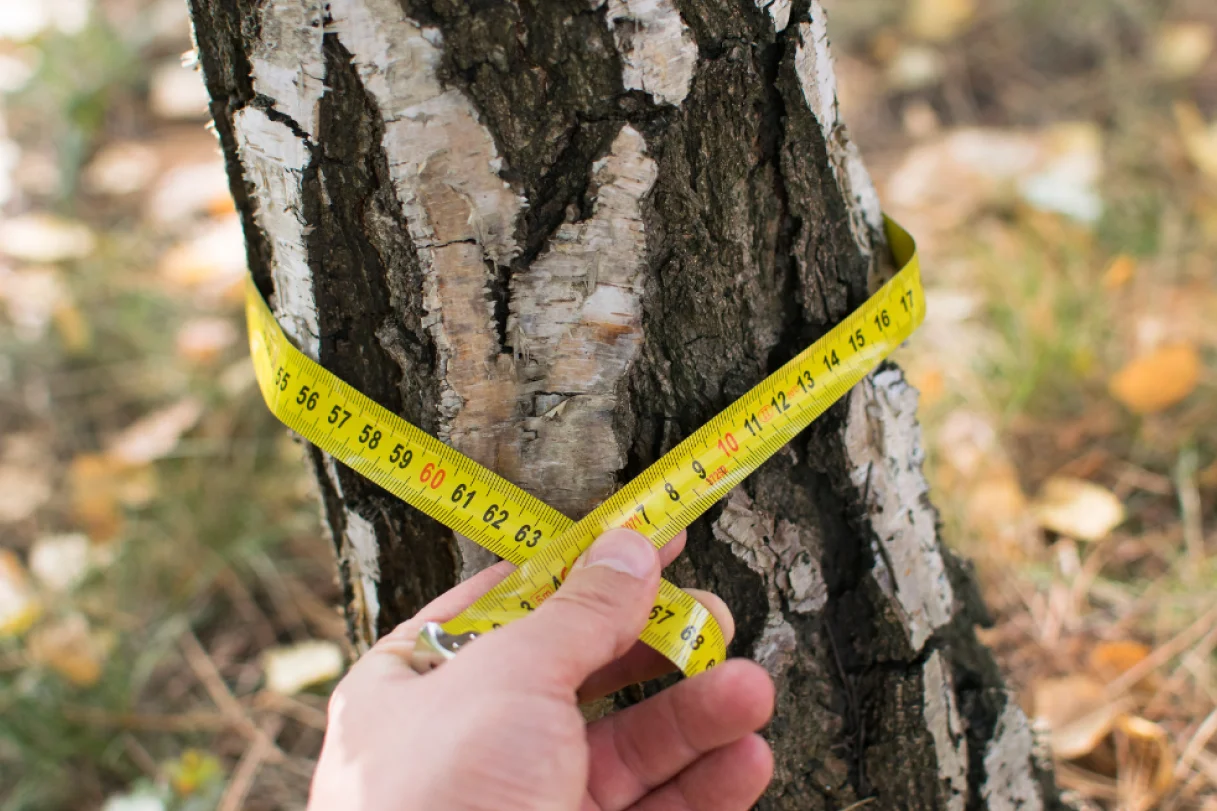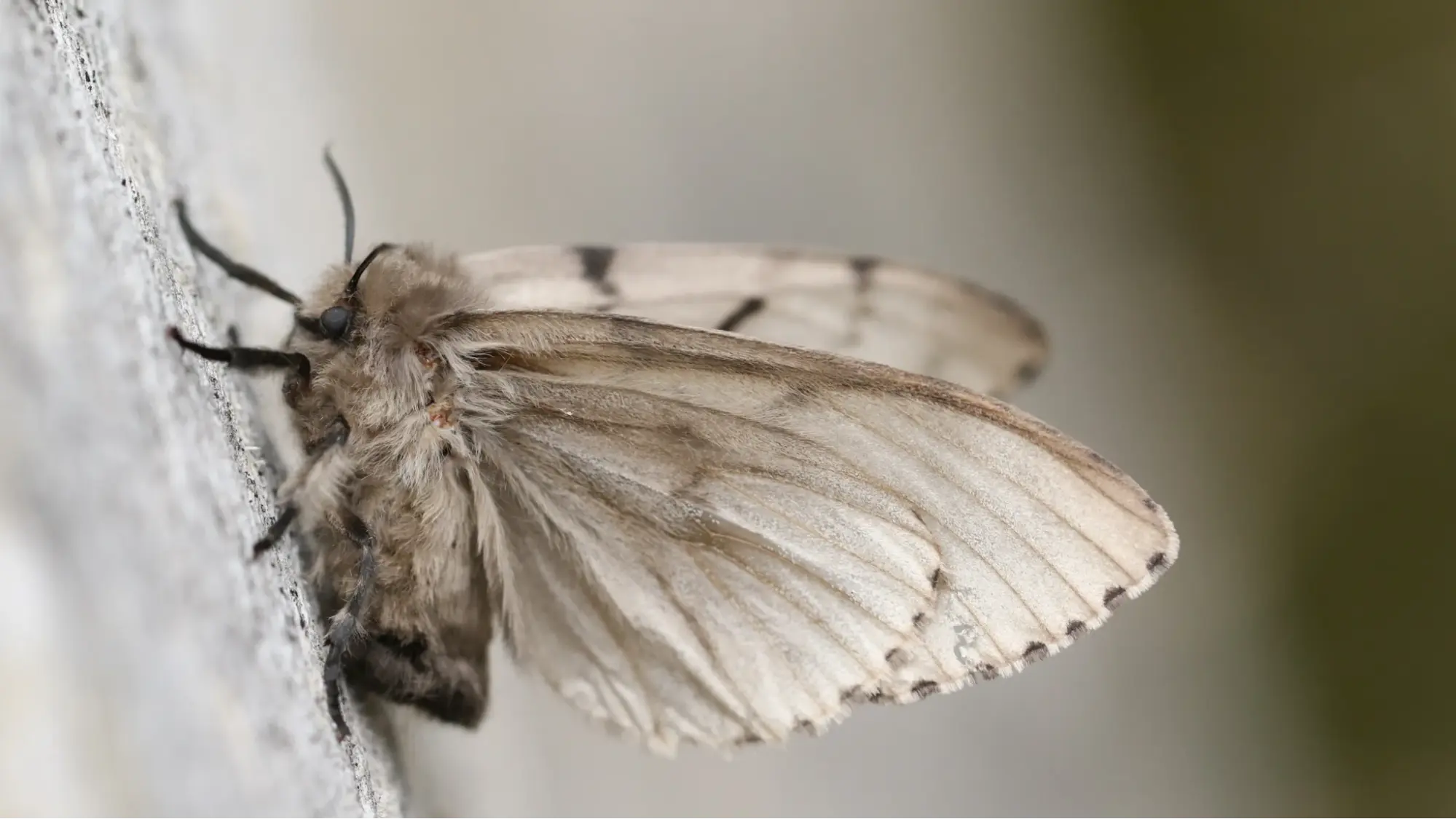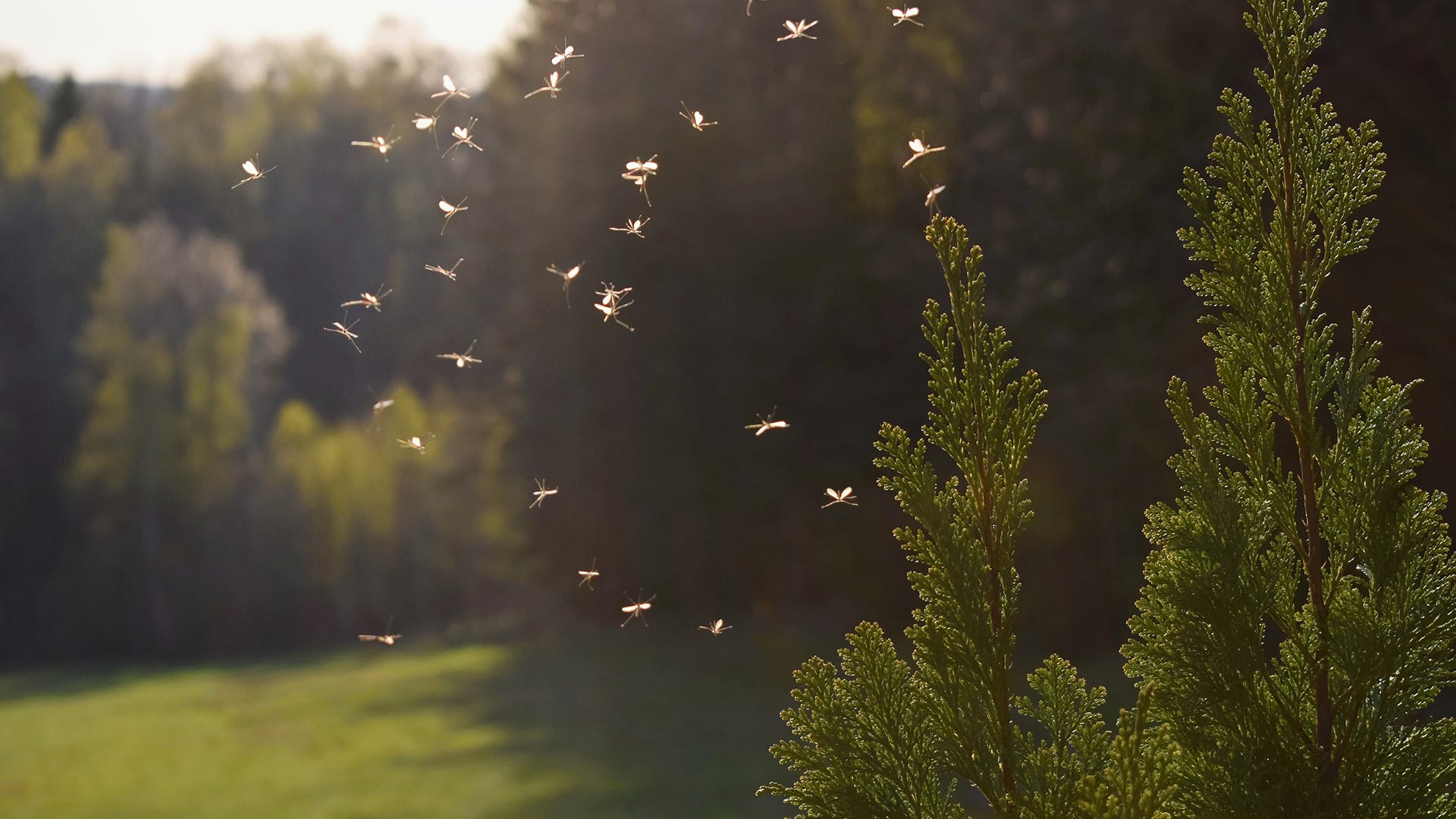There are numerous ways to get rid of mosquitoes, but some traps are more effective than others. Some Devices rely on scent or light, whereas others copy the rise and fall of a person’s breath with carbon dioxide. Sometimes, learning how to trap mosquitoes with a homemade setup is enough, as long as you understand their preferences.
First of all, you must understand that mosquitoes are attracted to warmth, humidity, and carbon dioxide. This is the reason why they hover around you when you've been working out or on a warm, humid day. You can use this to your advantage by placing traps in shaded areas between bushes or fences, but not in windy spots or the seating area of your patio. A key feature of any mosquito control system is putting equipment where it will be of most use.
There are many options when it comes to trap bait. Non-toxic CO₂ traps, such as yeast-based ones, are just as useful. The traps typically hold some combination of yeast, sugar, and water to produce carbon dioxide. It's also possible to use octenol in evening traps, though if there are animals or insects about, it's best not to.
Remember, no trap is completely foolproof. Mosquitoes may still bother you occasionally, but reducing standing water and growing plants like citronella, basil, and lavender can significantly decrease their presence
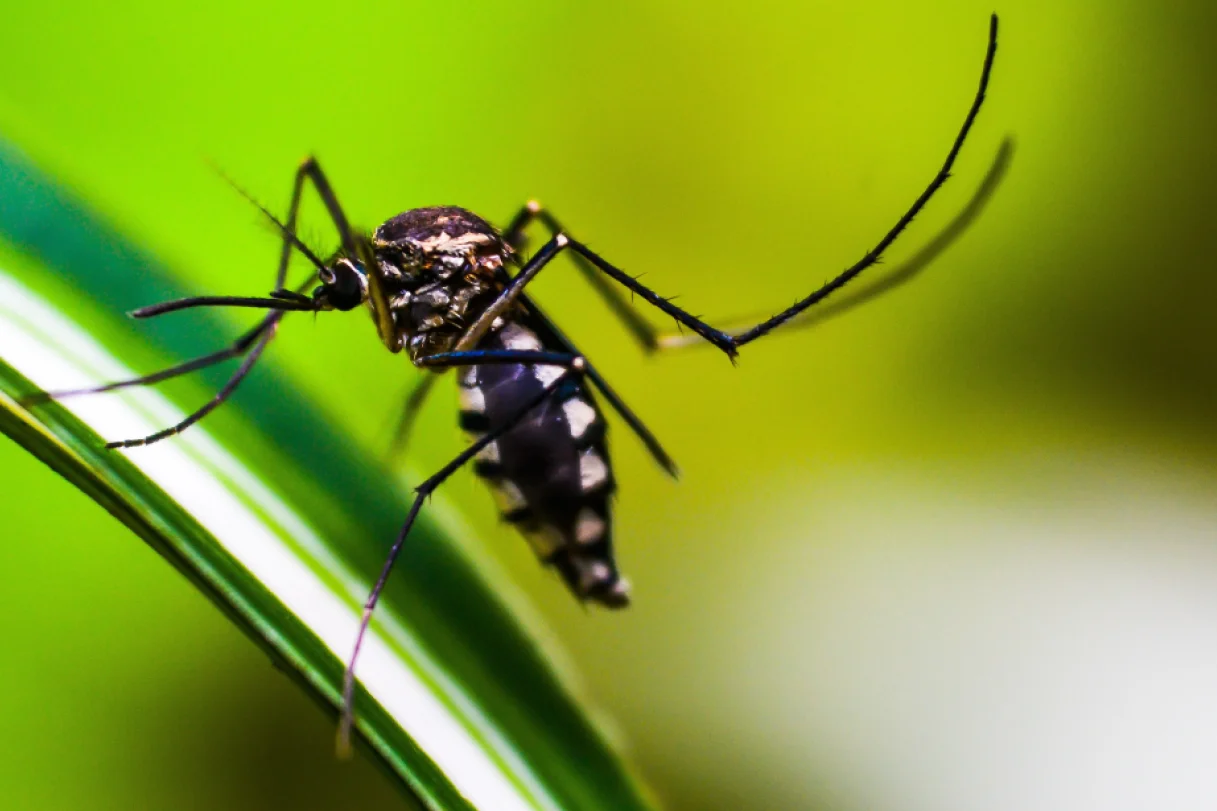
Trap Types & How They Work
|
Trap Type |
Lure / Mechanism |
Key Ingredients |
Ideal Location |
Pros & Cons |
|
Yeast‐CO₂ Bottle |
CO₂ from yeast fermentation |
Sugar, water, yeast |
Shaded shrub edges |
+ Cheap – Needs regular refills |
|
Apple Cider Vinegar |
Vinegar scent & soap |
ACV, dish soap |
Near doorways/windows |
+ Instant setup – Less outdoor durability |
|
UV Light Trap |
UV light lure |
UV bulb |
Covered porch / patio |
+ Catch other bugs – Needs power source |
|
Octenol Cartridge |
Synthetic octenol odor |
Octenol |
Evening seating area |
+ Highly attractive – Can lure other pests |
|
Sticky Card Funnel |
Physical adhesive |
Sticky paper |
Low-traffic corner |
+ No chemicals – Must replace frequently |
How DIY Mosquito Traps Work?
Turning a Soda Bottle into a Mosquito Repellent? It’s Not as Impossible as It Sounds!
The secret lies in chemistry and understanding mosquito behavior.
Most DIY mosquito traps replicate the cues mosquitoes seek: body temperature, breath, and scent. One common method is blending sugar, water, and yeast. They are usually boiled and then put in a plastic bottle. Since humans exhale carbon dioxide, yeast feeds on sugar and emits carbon dioxide as well. As the gas seeps out from the bottle, mosquitoes get attracted to the cap.
An indoor mosquito trap station typically uses heat or ultraviolet light in combination with bait to effectively lure in mosquitoes. As they near the trap, mosquitoes can become trapped in a funnel, drowned in a liquid reservoir, or caught on sticky paper. Although it involves little mobility, the trap lures in mosquitoes by tempting their instincts.
This emphasizes the importance of best positioning. A sticky trap set in front of a fan or heat source will catch nothing, not because it is not effective, but because it is subject to environmental disturbance. For maximum effectiveness, place the trap in a cool, low-traffic area, away from direct sunlight.
Think of your trap as a decoy that will entice mosquitoes to feed off you. Instead of getting a meal, though, they'll find themselves in the compost.
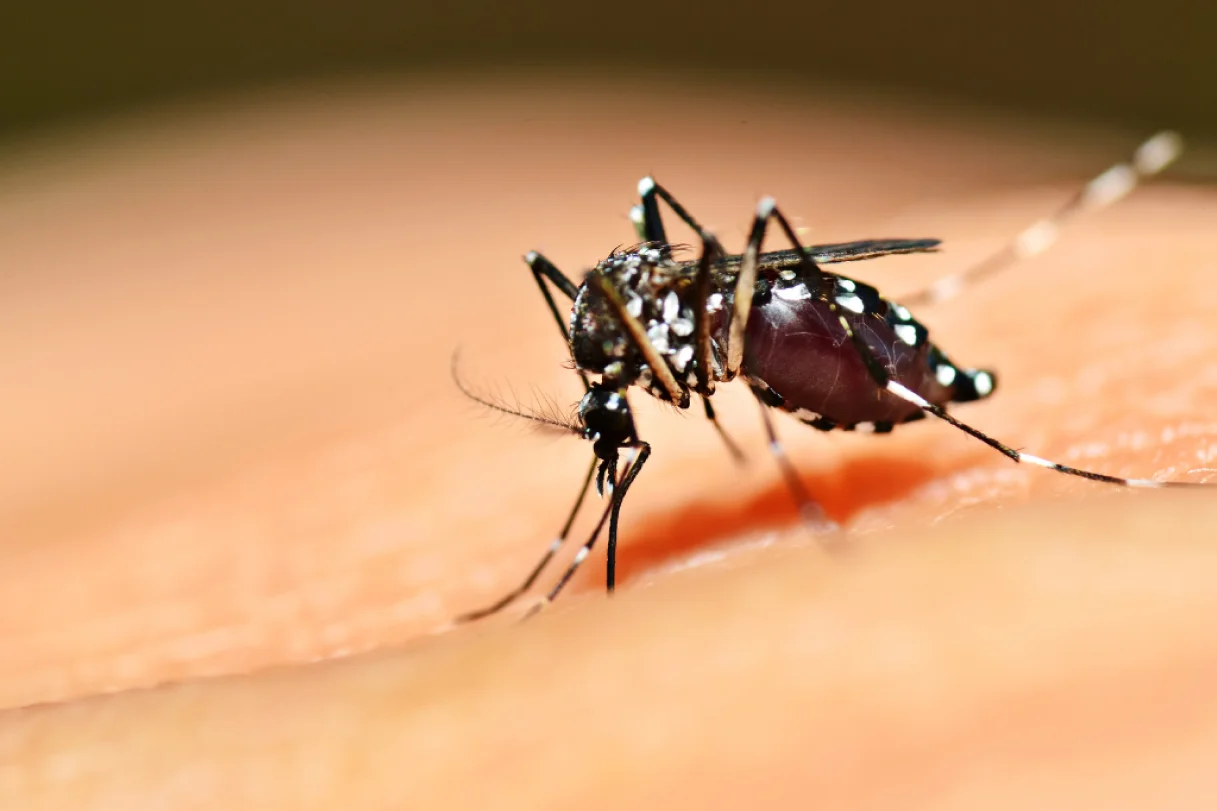
Placement Tips & Environment
|
Location |
Why It Works |
Placement Tip |
|
Between fence & shrubs |
Mosquito resting zone |
At ground level, hidden from wind |
|
Near rain barrel or puddles |
Close to breeding grounds |
Place on a flat surface |
|
Patio perimeter (shaded) |
Keeps bugs away from seating area |
1–2 m away from high-traffic spots |
|
Tree line edge |
Follows mosquito flight paths |
Use multiple traps spaced evenly |
Indoor and Outdoor DIY Mosquito Traps
Whether you're guarding your balcony or the tree line, you don't need expensive equipment. Most people can assemble a mosquito trap in under 10 minutes without even needing a trip to the store.
For Outdoor Use:
Cut the bottom off a 2-liter plastic bottle. Combine 4 tablespoons of brown sugar and 1 cup of warm water in a bowl. Add half of a teaspoon of dry active yeast and pour the mixture into the bottom half of the bottle. Invert the top half and place it into the bottom half to form a funnel. Secure the two pieces together using tape. Wrap the bottle in black paper to ensure the interior is dark–mosquitoes adore such an environment. Place the trap near shrubs or tall grass, where mosquitoes tend to congregate.
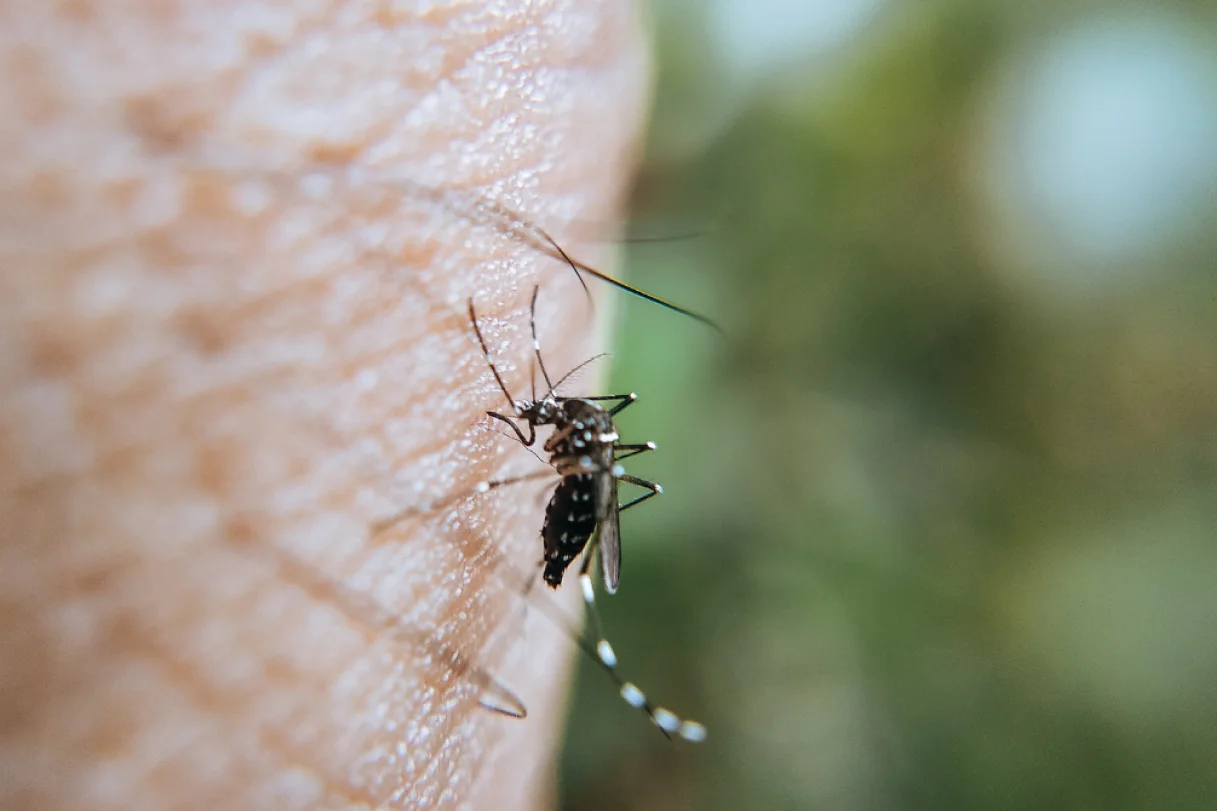
DIY Bottle Trap Recipe
|
Step |
Action |
Amount / Detail |
|
1 |
Cut bottle |
Remove bottom 1/3 of 2-L plastic |
|
2 |
Mix sugar & water |
4 tbsp brown sugar + 1 cup warm water |
|
3 |
Add yeast |
½ tsp dry active yeast |
|
4 |
Assemble funnel |
Invert top half into bottom half |
|
5 |
Wrap bottle |
Black paper or dark tape on outside |
|
6 |
Position trap |
Shaded, calm spot near vegetation |
For Indoors:
If you need a simple indoor mosquito trap DIY, do the following: fill a bowl with apple cider vinegar and a small amount of dish soap, and place it where mosquitoes are seen to cluster. The odor of the vinegar attracts them, and the dish soap breaks the surface tension of the liquid, causing the mosquitoes to sink and drown. Place the trap near windows, houseplants, or where you have noticed mosquito activity.
You may also modify this trap by omitting the yeast if you prefer not to have a strong smell within. A fruit peel or a minimal amount of juice can provide an additional attractant without odor.
Consistency is the name of the game here – develop the habit of draining and recharging the traps every couple of days to keep them effective. Over time, you should notice a significant decrease in the number of mosquitoes in indoors.
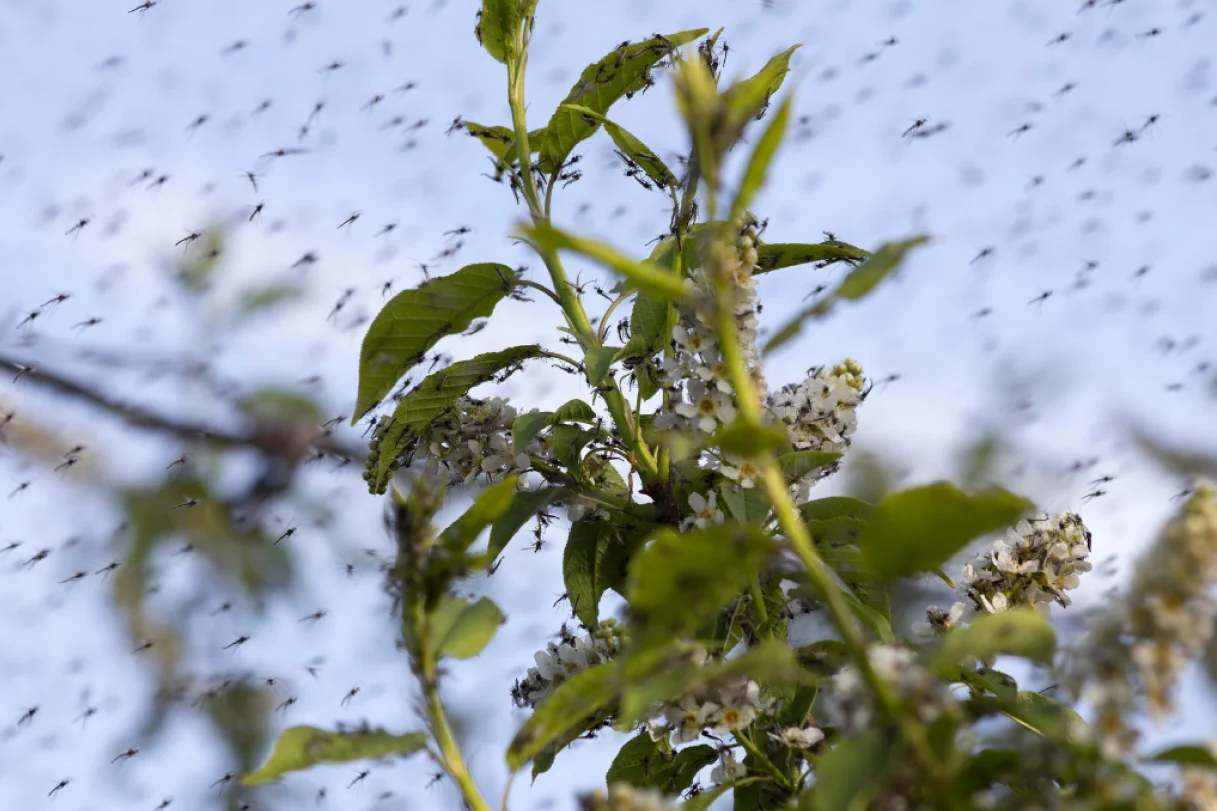
How Can Mosquito Traps Help?
When thinking about how to catch mosquitoes outdoors without harming your garden, it's important to remember that mosquitoes are more than just a nuisance to people – they can also negatively affect plant health. Homeowners also face the risk of encountering snakes. For those who enjoy spending time around trees, insects can make outdoor care activities unpleasant. This can lead to reduced time spent observing, watering, or pruning trees, especially during warm and wet weather.
While a DIY trap won't solve the issue on an epic scale, it certainly does its bit. Reducing the population of mosquitoes makes your backyard your own again. Now you can fiddle with your trees, stroll around your garden in peace, and just appreciate the evening in the GTA without buzzing.
Through the use of traps, farmers can reduce their dependence on sprays and foggers that can destroy bees and other beneficial insects. Traps placed periodically in the spring can also support long-term mosquito management. The target is not to kill a specie, but to realize a balanced, healthy status.
Ultimately, the application of a mosquito trap is more about catching insects than anything. Like an interior decorator desires the interior of their house to be safe, healthy, and comfortable, the use of traps ensures that your backyard is the same.
Maintenance & Replacement Schedule
|
Task |
Frequency |
Notes |
|
Refill bait mixture |
Every 2–3 days |
Replace sugar/yeast solution |
|
Empty & clean traps |
Weekly |
Prevent mold & non-target catches |
|
Replace sticky cards |
Every 5–7 days |
Or when 70% covered |
|
Inspect UV bulbs |
Monthly |
Swap if dim or flickering |
Forget About Mosquitoes and Ticks for Good – Call Tree Doctors Today!
While DIY mosquito and tick traps can provide temporary relief, the best way to truly protect your yard and family is with a professional treatment plan. Tree Doctors offers expert mosquito and tick control services that will eliminate these pests and keep them away for 4 - 6 weeks.
Our targeted treatments are designed to disrupt the life cycle of mosquitoes and ticks, reducing their population and preventing future infestations. Say goodbye to the buzzing and the bite – call Tree Doctors today and enjoy a mosquito- and tick-free yard for the entire season. Let us handle the pests while you focus on enjoying your outdoor space!
